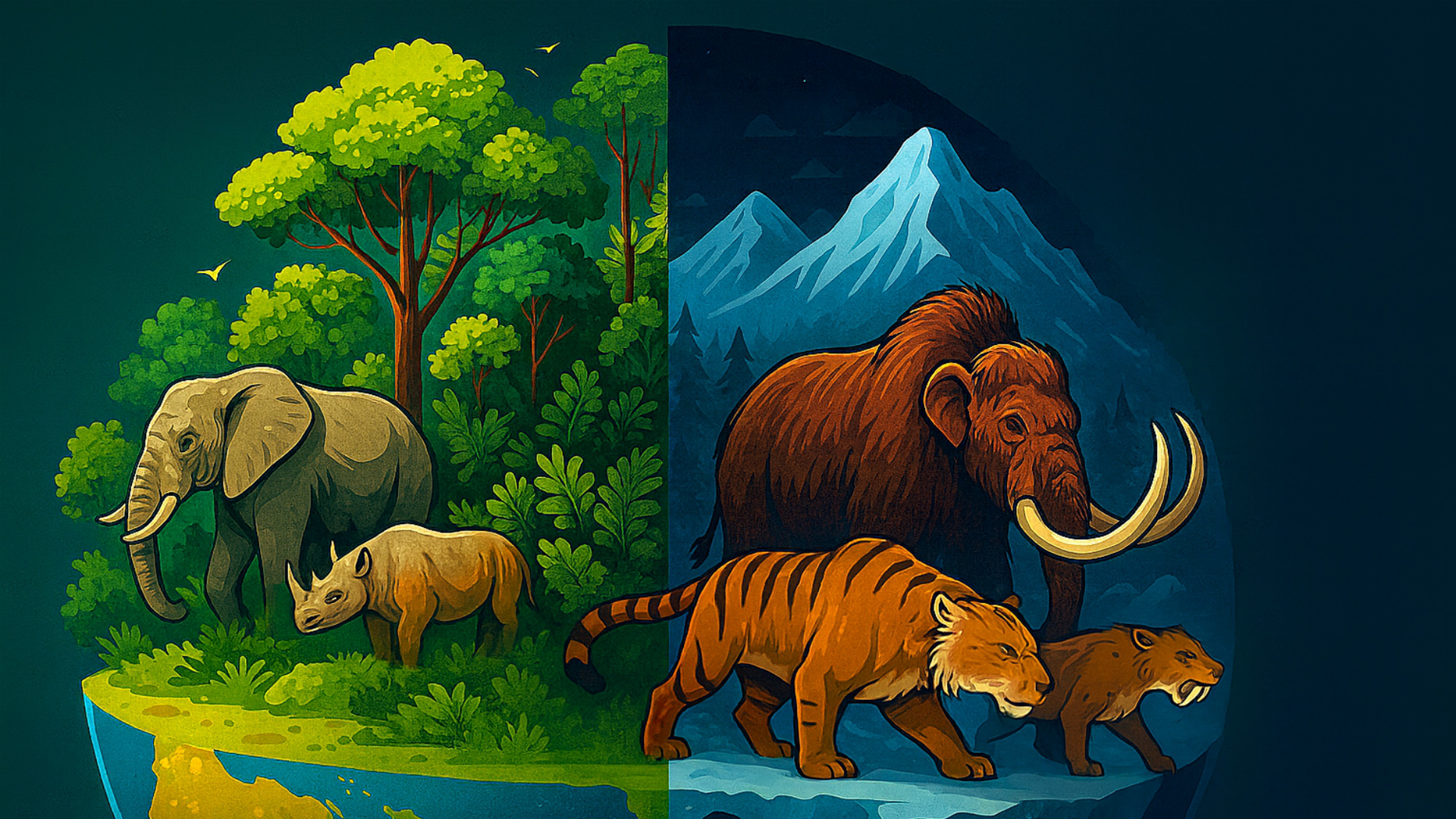Teaching in courses:
Research Group
Biodiversity and Extinction

Group leader: Michael V. Westbury
Biodiversity underpins the stability of ecosystems and the health of our planet, influencing everything from emerging diseases to access to natural medicines and climate resilience. Understanding how biodiversity arises, interacts, and disappears is therefore essential for both ecosystem and human well-being.
We study how Earth’s biodiversity evolved, how species interact, and why some lineages go extinct while others persist. By combining modern and ancient genomics with bioinformatics, machine learning, and evolutionary modelling, we uncover the processes that shape current diversity and develop new ways of using genomic information to guide conservation.
Our research primarily focuses on mammals, exploring what differentiates living species from those that are gone. We also investigate how evolutionary history and adaptation have shaped today’s species, tracing genetic links between lineages and uncovering the traits that allowed species to thrive.
A central aim is to make genomics more accessible and reliable for non-model and data-limited species. We develop new tools and evaluate biases in existing methods when applied beyond their intended scope, whether working with degraded or low-quality DNA, species lacking reference genomes, or small sample sizes. By connecting genomic, ecological, and computational perspectives, we seek to better understand the diversity of life that sustains us all.
Group Leader
Mick Westbury Associate Professor Department of Health Technology micwe@dtu.dk
Mick Westbury: